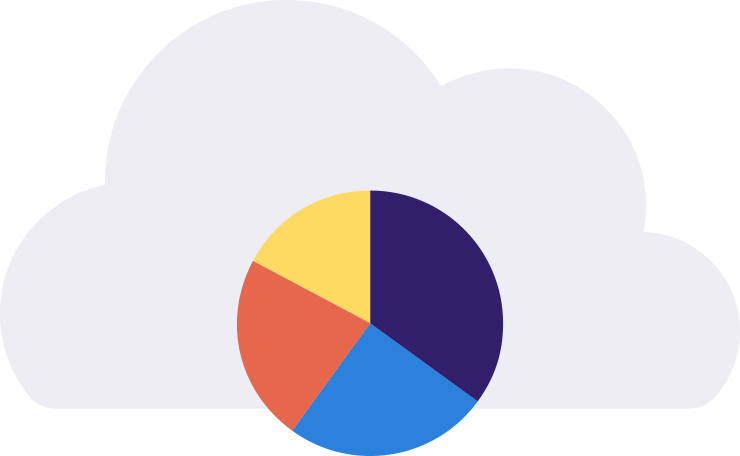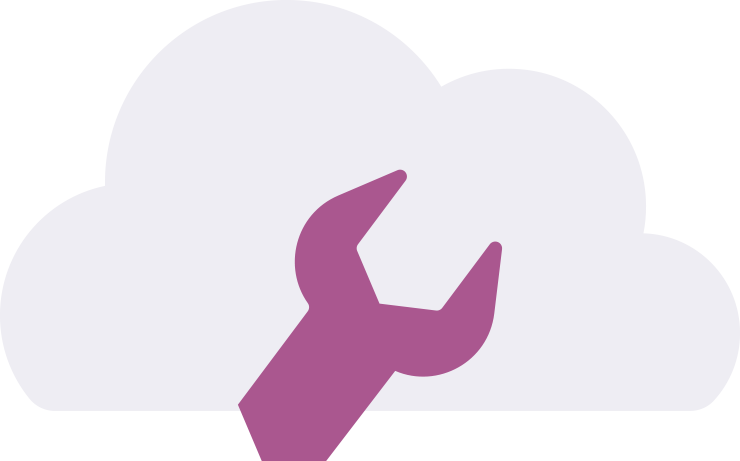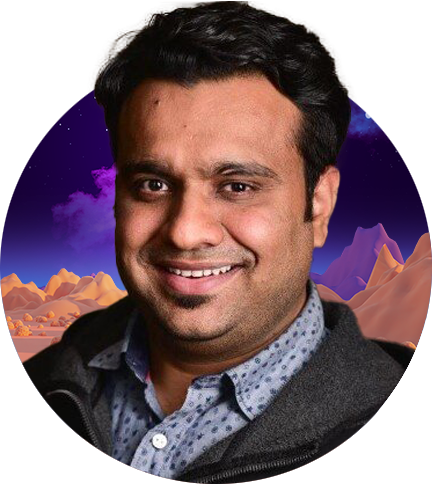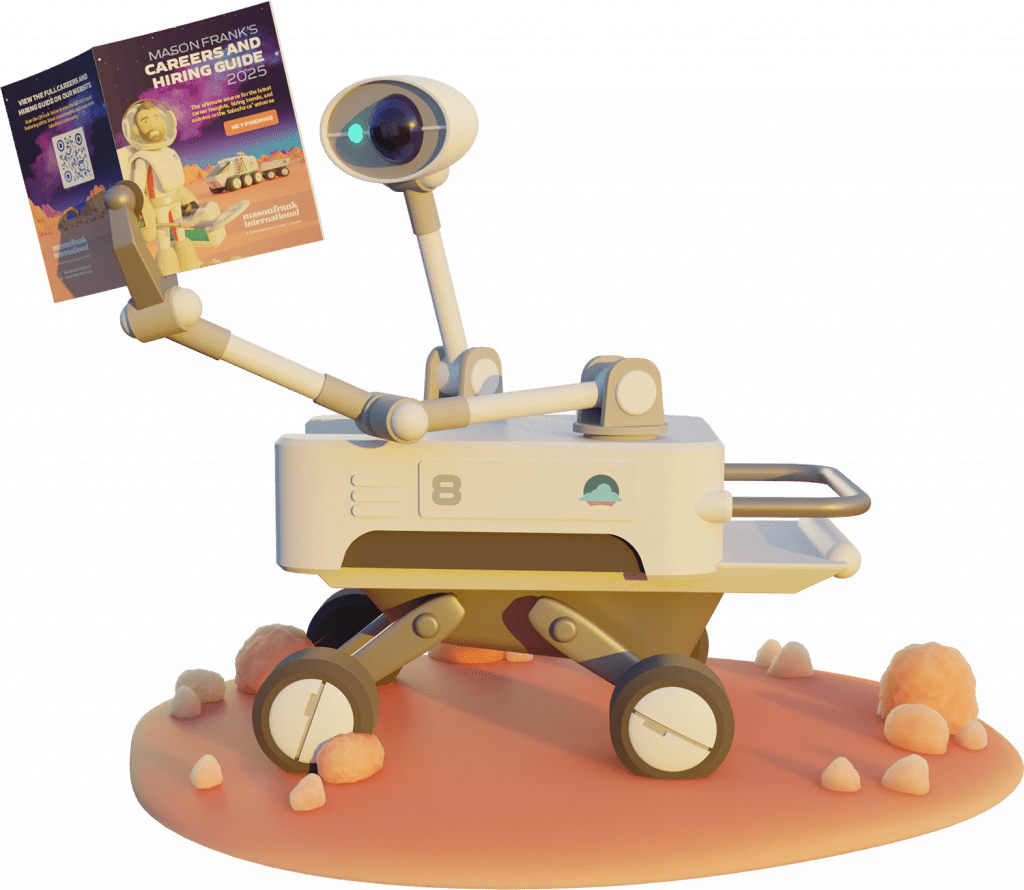
Training and certifications
Skills and Experience
Top 10 Salesforce products, apps, and connectors that candidates are experienced with


Salesforce Sales Cloud


Salesforce Service Cloud


Salesforce Experience Cloud
| Salesforce Chatter | 50% |
| Slack | 44% |
| Salesforce Marketing Cloud | 37% |
| CRM Analytics (formerly Tableau CRM) | 28% |
| Salesforce Marketing Cloud Account Engagement (formerly Salesforce Pardot) | 23% |
| Tableau | 19% |
| Quip | 15% |
- Work.com
3%
- Salesforce Net Zero Cloud
2%
- Web 3 (formerly NFT Cloud)
1%
This means fewer professionals understand these products, so if you are one of the select few that uses them, you can set yourself apart from other candidates.
Expert insight


Amit Chaudhary is a Salesforce Application and System Architect who has been working on the Salesforce Platform since 2010. As an active member of the community and the founder of Apex Hours, he’s been Salesforce MVP since 2017 and has an impressive 17 Salesforce Certificates to his name. We asked Amit for his top 5 tips for building a successful career in Salesforce and reaching his market-leading level of experience and expertise.
“Successful Salesforce careers are built on pillars of personal development, strategic networking, and active community involvement. Those professionals focused on strengthening these foundations are the ones best positioned to accelerate their progression and reach new heights in their careers. I’d recommend focusing on these five areas:
Upskilling
In the dynamic Salesforce ecosystem, positioning yourself at the forefront of the market requires a proactive approach to personal development.
Take the steps to upskill by continuously learning and seeking hands-on opportunities to apply newfound knowledge in a practical environment. Platforms like Trailhead can be particularly useful here, enabling you to leverage a gamified learning experience that deepens your understanding of products and keeps you up to date with the latest solutions.
Trailhead is also great at preparing you for certifications, which continue to be a tried-and-tested means of providing structure to your learning, refining your expertise, and validating this knowledge and skillset in the eyes of employers.
Mentorship
In the Salesforce ecosystem, seeking a mentor is a strategic move that ensures you’re always taking the right steps forward in your career.
A mentor can provide guidance, share knowledge from their own experiences, and help you overcome obstacles along your career path. This can be an invaluable way to open up doors to new opportunities, meet new contacts, and learn new things.
Assess your current professional network to identify a potential fit, or apply for formal mentorship programs. Most importantly, don’t hesitate to reach out to anyone you deem suitable—they were in your position once, after all!
Community engagement
The Salesforce community is one of the most vibrant and supportive in the industry, so capitalize on this by engaging it regularly.
This is undoubtedly one of the best ways to stay ahead of the curve and keep your finger on the pulse of the latest insights and trends, so grow your network to expose yourself to as many different perspectives as possible.
This shouldn’t just be online—attending conferences like Dreamforce and partaking in community-led events such as local meetups and Salesforce Saturdays enables you to collaborate with your peers and make more meaningful connections.
Be sure to contribute your own insights, too! Whether commenting in forums, writing blogs, or speaking at the aforementioned events, these contributions not only benefit your learning but also help build your personal brand—enhancing your reputation and leading to recognition from both your peers and prospective employers.
Soft skills
Don’t overlook soft skills in the pursuit of technical expertise. Often, these are the qualities that can set you apart from your competition in the market.
While the exact soft skill set you need will depend on your chosen specialty, some qualities are evergreen. For example, Salesforce professionals often interact with a wide range of stakeholders with varying levels of technical understanding, making strong communication perhaps the most important soft skill in your arsenal. Alongside that, the ability to problem-solve, demonstrate critical thinking, and collaborate effectively should also be high on the agenda.
To build these soft skills, consider taking courses, participating in workshops, or seeking feedback from peers and mentors.
Finding a niche
Salesforce offers a broad range of solutions for every industry, so specializing in a particular niche can set you apart from the competition.
Specialization allows you to develop deep expertise within a specific area and, as a result, provide more value to employers or clients, transforming you from a Salesforce generalist to a sought-after expert.
Identifying the right niche requires understanding your interests and market demand. Research the industries and products that are growing and align with your passion, then take the time to build the most relevant skills and knowledge for your chosen field to unlock unique opportunities within the ecosystem.”
Cross-training
Over two-fifths (45%) of those surveyed have cross-trained into Salesforce, having previously worked with a competitor product.
Most common competitor products used before Salesforce
ACT! CRM
Is a degree necessary for a career in Salesforce?
-

 Yes 34%
Yes 34% -

 No 59%
No 59% -

 Not sure 7%
Not sure 7%
MASON FRANK’S
CAREERS AND HIRING GUIDE
KEY FINDINGS 2025



